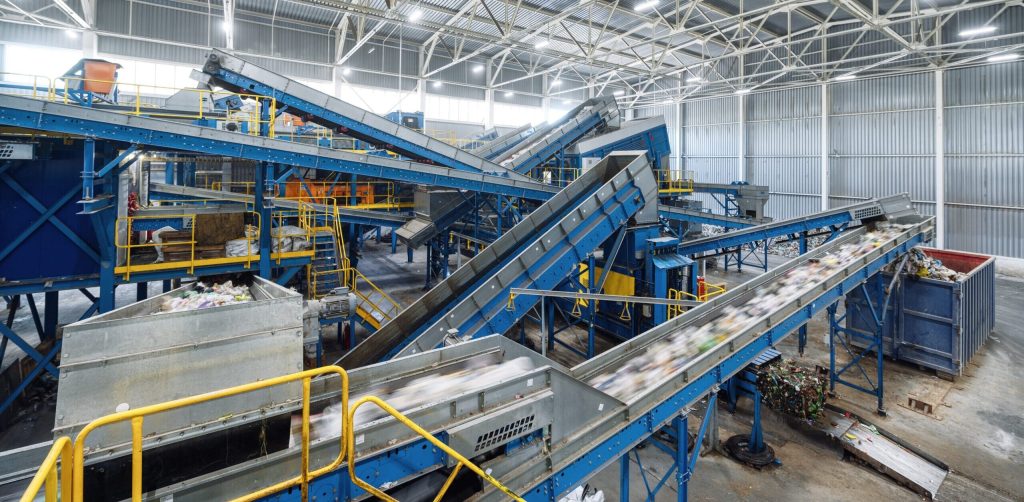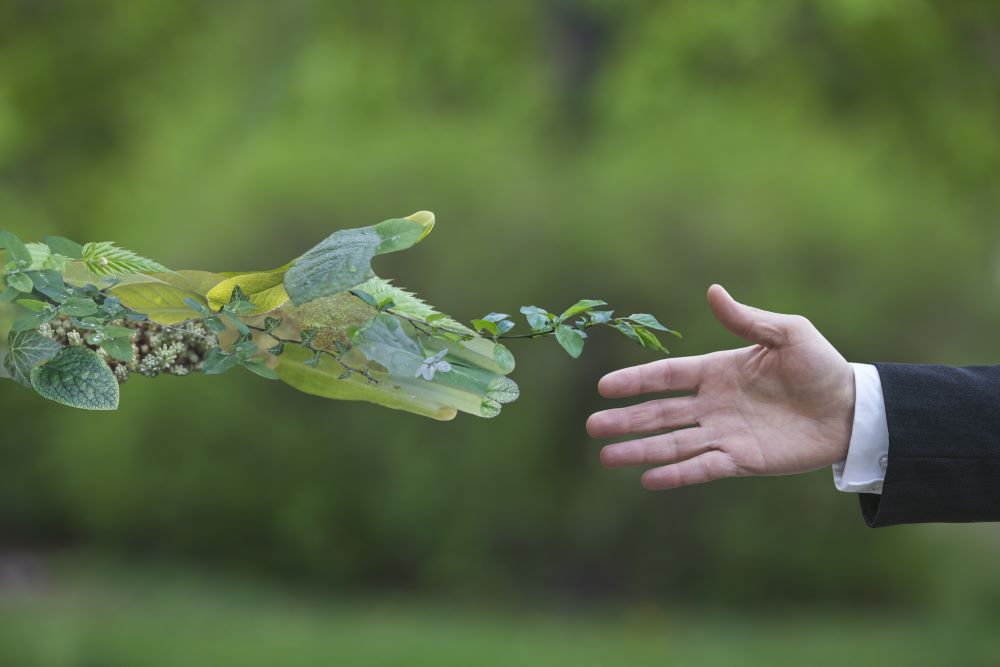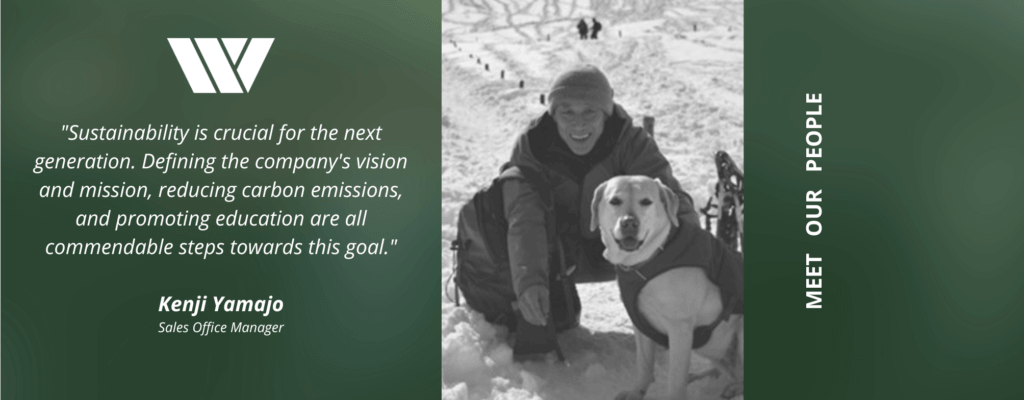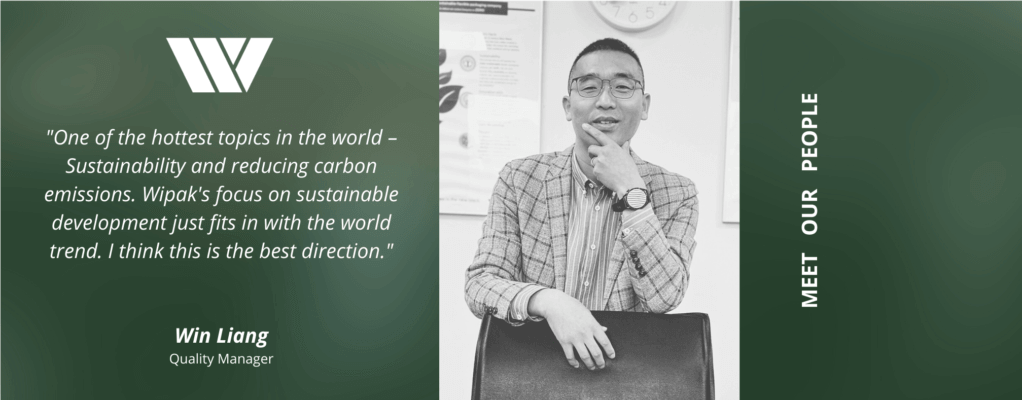Should our focus be on carbon over plastic waste?

Packaging Europe recently published an excellent article, “The carbon crisis: Four big questions for the packaging industry” which got us thinking. We could not agree more with some of the statements brought up and have been inspired to consider these questions as part of our weekly Q&As.
First up: what should our focus be on – carbon emissions or plastic waste? As Wipak’s CO2 expert Dorit Nelke-Bruhn shares, “Our focus should be on reducing Carbon Emissions as this is, in my eyes, the most critical environmental problem today. This of course goes hand in hand with supporting the circular economy by producing recyclable materials and using recycled content.
Most types of plastic are actually recyclable, but many municipal governments do not have the infrastructure in place to carry out this process. While plastic waste is a perceived as major environmental issue, improving recycling capabilities is a priority in the ongoing revision of the Circular Economy Package (CEP) policy – the recycling target is expected to increase to 55% by 2025. As for Carbon Emissions, production processes are a leading cause of emissions, contributing to global warming. Wipak understands that we need to minimize the use of raw materials derived from fossil fuels and are aiming for zero-carbon production. Companies should each be making an effort to help global economies decarbonize and reduce global warming.
The circular economy concept is based on maintaining the value of products, materials, and resources within the economy for as long as possible, consequently minimizing the generation of waste produced. At Wipak, we understand the importance of the efficient use of raw materials – that all the plastic packaging we create serves an important function.
“We should not forget the primary target of packaging material: protection of the product packed. This could save even more avoidable carbon emission by, for example, reducing food loss” states Nelke-Bruhn.
We could make a serious difference by focusing our production efforts on non-fossil-based materials, while keeping the plastics we do produce in the supply chain.
Check out our previous Q&As here: www.wipak.com/blog and be sure to follow us on LinkedIn for more.





